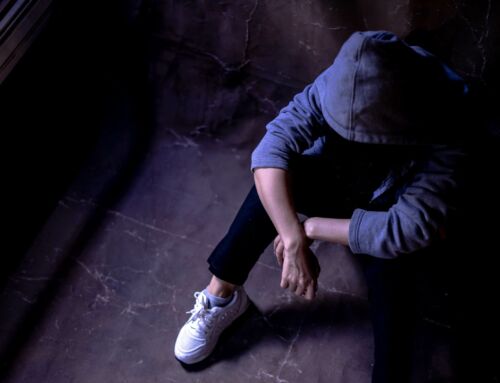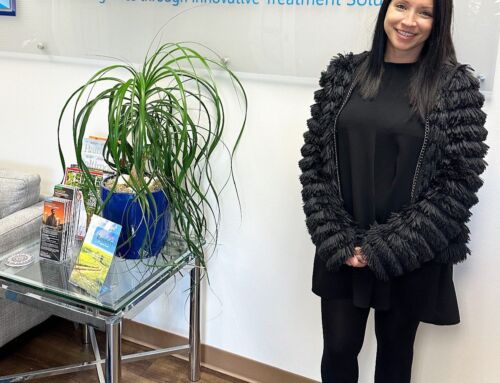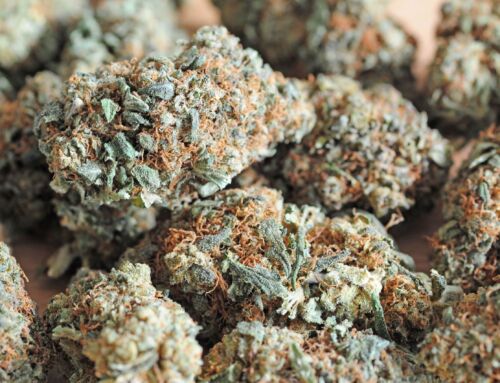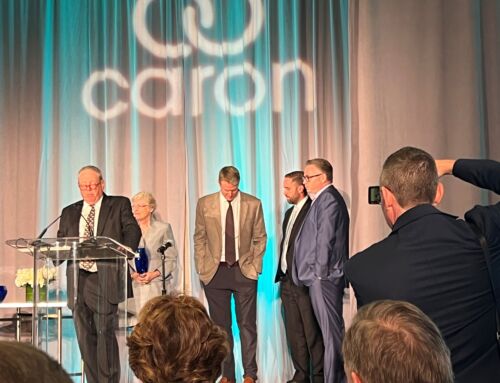Treatment for addiction and mental health can often be confusing for people because they don’t know the meanings of a lot of the terminology. Because of this, many people find searching for treatment confusing and overwhelming. Because of this, some people do not know what type of treatment to look for, what questions to ask or inevitably some give up for the tiring search.
Two terms that are used often in mental health and addiction treatment are the terms “dual diagnosis” and “co-occurring disorders”. These terms are thrown around a lot from treatment providers. It is important for those seeking treatment, their family members and their loved ones to know what these terms mean so they can make sure they find the appropriate rehab or treatment center to begin the journey of recovery.
WHAT IS “DUAL DIAGNOSIS”?
“Dual Diagnosis” or dual diagnosis treatment refers to diagnosing a patient with both an addiction or a substance use disorder as well as mental health disorder, such as anxiety, depression, delusional behavior, obsessive-compulsive disorder (OCD), bipolar disorder or ADHD. Dual diagnosis treatment is a form of treatment that treats both disorders simultaneously and that incorporates the best practices and most successful aspects of treatment for both mental health and addiction treatment. This form of treatment is vitally important because underlying mental health and/or psychiatric disorders often are at the core of addiction and substance abuse issues.
WHAT IS A “CO-OCCURING DISORDER”?
A “co-occurring disorder” is similar to a dual diagnosis. When someone is diagnosed with having a co-occurring disorder, it means they are dealing with both a mental illness or a mental health disorder as well as an addiction or substance use disorder. Basically, a co-occurring disorder is the same thing as a dual diagnosis or a “dual disorder”. Co-occurring disorders can also refer to an individual that is suffering from more than simply two disorders at the same time, such as multiple addictions and/or multiple mental health disorders.
When searching for an addiction treatment center or drug rehab, it is important to remember that many (or even most) addicts and alcoholics can present like they are suffering from a dual diagnosis or a co-occurring disorder. Something this may be accurate. Other times, it may not, as drug addiction can often make it seem like a person is suffering from depression, anxiety or OCD while in truth these may just be symptoms of the drug abuse or addiction. Other times, the addict or alcoholic may indeed be suffering from an underlying mental or psychiatric disorder. It is important that any treatment center or rehab be able to handle dual diagnosis patients and individuals suffering from co-occurring disorders, meaning they have a psychiatrist and psychiatric services available, as well as therapists and other clinicians skilled in treating mental health as well as substance abuse.
If you or someone you know is in need of help because of drug and/or alcohol abuse, please give us a call. Maryland Addiction Recovery Center offers the most comprehensive dual diagnosis addiction treatment in the Maryland, Virginia, Baltimore and Washington, D.C. area. If we aren’t the best fit for you or your loved one, we will take the necessary time to work with you to find a treatment center or provider that better fits your needs. Please give us a call at (410) 773-0500 or email our team at Contact us today. For more information on all of our drug addiction and alcohol addiction services and recovery resources, please visit our web site at www.marylandaddictionrecovery.com.
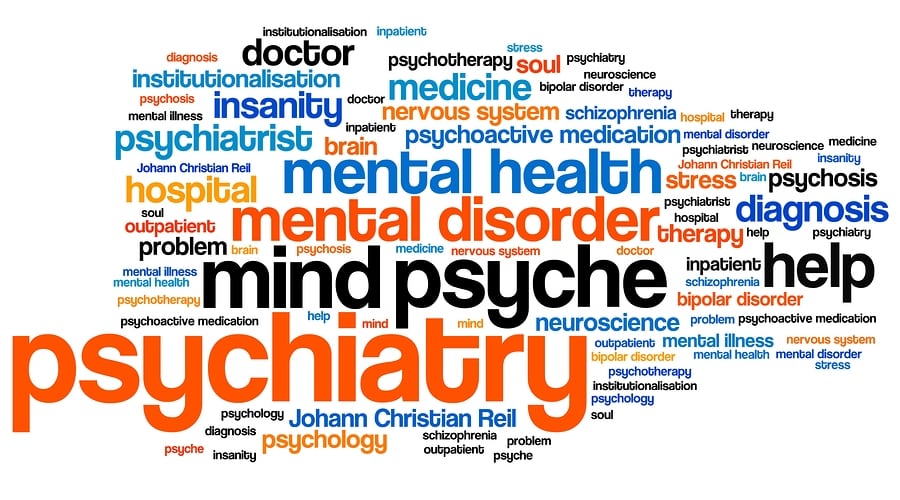
Table of Contents

